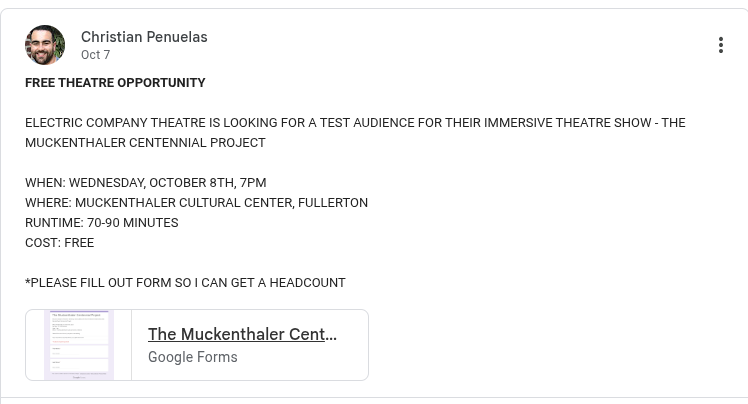
Picture Motion [PicMo]’s Movie Night is a free nationwide screening program designed to promote civic engagement through film. The initiative offers a list of 10 movies — both documentaries and features — focused on topics like voting, human rights and the American democracy. Below, Accolade Entertainment editor senior Jenna Kim reviews two of the PicMo Movie Night options to highlight the social impact of such a movement. Those interested in joining Movie Night can register at picturemotion.com/movienight/.
A documentary with the premise of challenging the current economic system, “The Deciders: Red, Whiteville, and Blue” (2024) delivers a complex concept and even more thought-provoking execution.
Opening with Andy Hinson and Brittany Newton, Republican and Democratic voters, respectively, the audience is introduced to the residents of the economically depressed city of Whiteville.
The documentary then brings in viewers for an initial shock as the citizens of Whiteville put aside their different political ideologies and come together to advocate for an increase to $15 minimum wage and higher taxes on the wealthy population.
In a name that would inspire the documentary title, the newfound group, the Deciders, come together in a compelling formation of class consciousness.
In one particularly moving scene, the Deciders listen to each other’s perspectives on the economy during a meeting organized by marketer-turned political consultant, Erica Payne. The residents, as well as the audience, are exposed to the tears Brittany sheds when leaving her family for work or the frustration of elderly resident Evelyn Youngerman as she tries to buy enough groceries for her family.
The documentary emphasizes its focus on money and momentarily cutting the ties between certain political beliefs that would usually divide the residents of Whiteville.
Director D.L. Anderson offers an intimate look into the community’s transformation, capturing the skepticism, hope and solidarity that emerges from a diverse group — single mothers, military veterans and Trump supporters — coming together for a single cause.
At its core, the film explores empowerment and civic engagement, prompting viewers to question the systems that run the economy today.
With a satirical tone and a sprinkle of dark humor, “Winner” (2024) attempts to portray the true story of a young woman torn between her moral convictions and the consequences of her actions.
The biopic opens with Reality Winner (Emilia Jones, The Running Man) narrating the opening scene of her being taken into custody, then relaying the story back to her journey so that the audience can truly understand her.
Reality tries to atone for her part in the deaths of numerous people through volunteer work, and it is clear that there is an effort at character development at play. She fails to understand the government’s hiding of the truth to uphold national security, but this idea itself is not fleshed out throughout the rest of the movie.
Though the film tries to build a layered and empathetic portrayal of its protagonist, it struggles to balance its comedic edge with the gravity of its topic. While engaging, the satirical elements and Reality’s on-screen quirky personality occasionally undercut the real-world implications of her actions.
Even with any frustration caused by her character, Reality reveals a deeply human core. Her introspection throughout the film ultimately shines through despite any other shortcomings in the portrayal of her story.
Moreover, Reality’s sister, Brittany Winner (Kathryn Newton, Abigail), adds some more interesting insight to the movie, offering a contrasting perspective to Reality’s character. While her screen time is limited, Brittany adds a dramatic sense of familial tension and also highlights the differing viewpoints within the Winner family.
With stylish narration and brisk pacing, the biopic is an ambitious attempt to make whistleblower drama feel fresh, though the tone can feel uneven.
The film’s strength is that it doesn’t necessarily attempt to paint Reality as a hero or villain. Although the characterization may be a stale point for some, the film prioritizes personality and point of view over procedural detail, which certainly provokes deeper conversation about whether the reality of whistleblowing ever wins.
Your donation will support the student journalists of Sunny Hills High School. Your contribution will allow us to purchase equipment and cover our annual website hosting costs.








